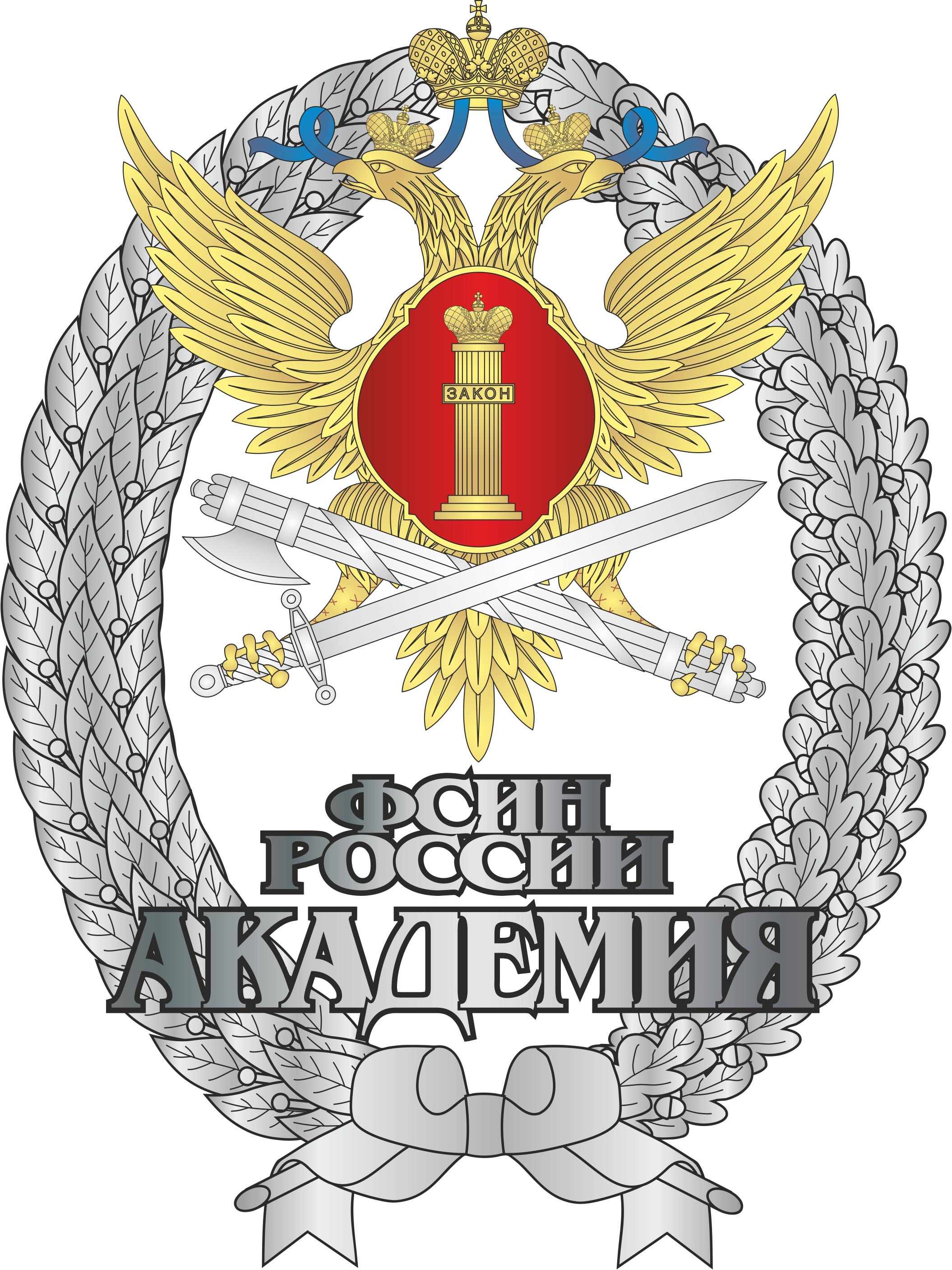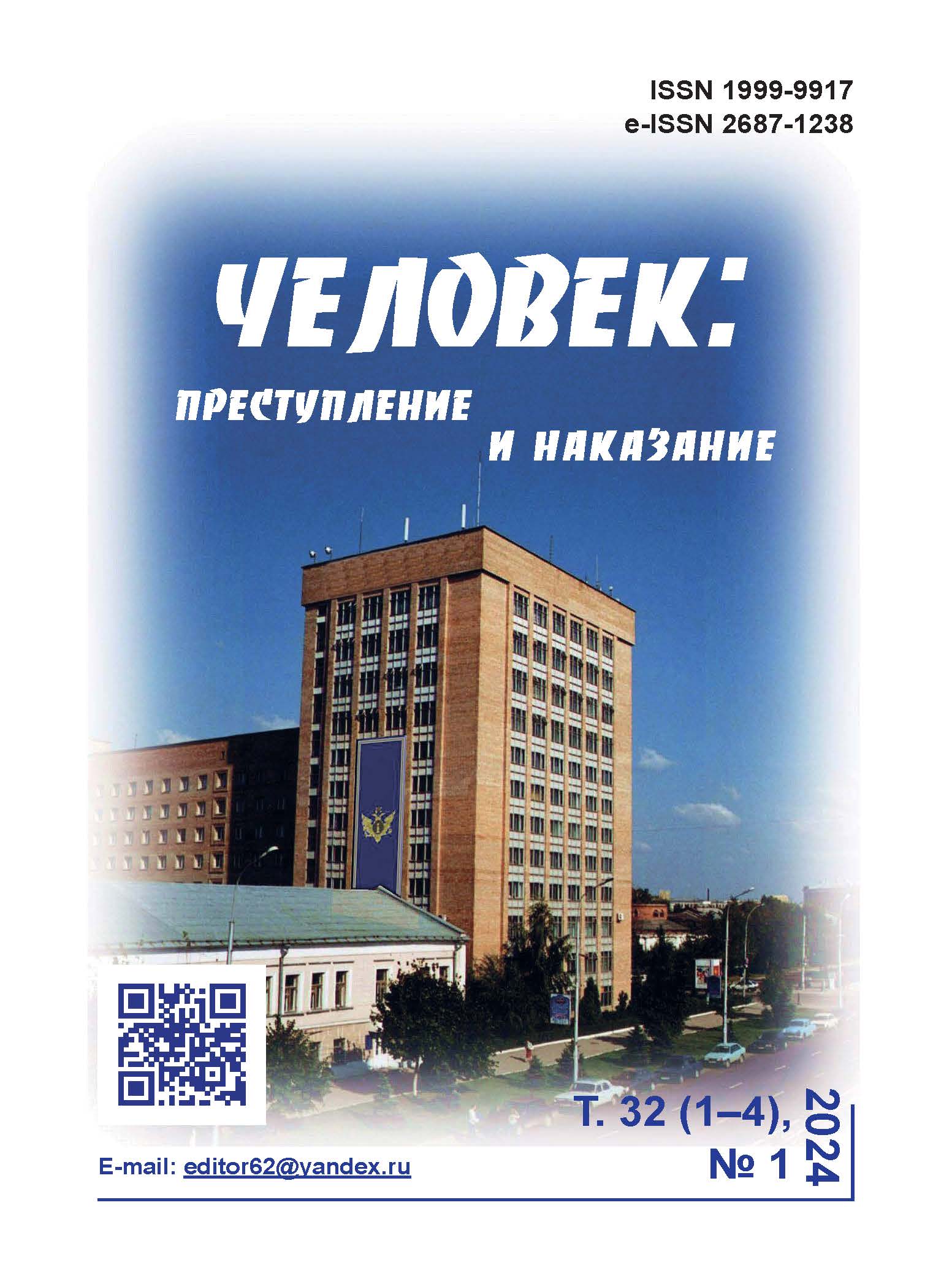Russian Federation
UDC 343.847
The article examines such negative trends in modern society as weak family ties, the withering of traditional family values, and the decline in the role of marriage, which act as determinants of repeated crimes committed by convicts serving sentences without isolation from society. A number of preventive measures of different levels are proposed. There are general social preventive measures aimed at solving the problems of the institution of the family, as well as special criminological measures to combat the causes of repeated crimes among convicts of the studied category who have problems in family relations. It is concluded that strong family ties can have a positive preventive effect on repeat crimes among convicts, reducing their level.
prevention of repeated crimes, punishment without isolation from society, family ties, determinants of repeated crimes
1. Shestakov, D. A. 2009, ‘Terms introduced into scientific use by D. A. Shestakov’, Criminology: yesterday, today, tomorrow, iss. 2(17), pp. 189–192. EDN: https://elibrary.ru/MZJNEB
2. Shestakov, D. A. 1999, Family criminology: family – conflict – crime, St. Petersburg University Publishing house, St. Petersburg.
3. Borisenkov, V. P. & Gukalenko, O. V. 2014, ‘The Institute of Family and Family Policy in Modern Russia: Problems, Trends and Prospects’, Bulletin of Eurasian Science, iss. 5, pp. 1–24. EDN: https://elibrary.ru/TKENKX
4. Skiba, A. P. 2019, ‘On some areas of development of penal enforcement law’, Bulletin of the Moscow State Regional University, Jurisprudence Series, iss. 4, pp. 77–85. DOI: https://doi.org/10.18384/2310-6794-2019-4-77-85; EDN: https://elibrary.ru/MYVTQO
5. Maloletkina, N. S. 2014, ‘On the expediency of the full implementation of the institute of probation in the modern penitentiary system’, Penal system: law, economics, management, iss. 2, pp. 15–16. EDN: https://elibrary.ru/RWYQFZ
6. Utkin, V. A. 2016, ‘About the prospects of probation in Russia’, Penal system: law, economics, management, iss. 4, pp. 5–8. EDN: https://elibrary.ru/WHMRFL









